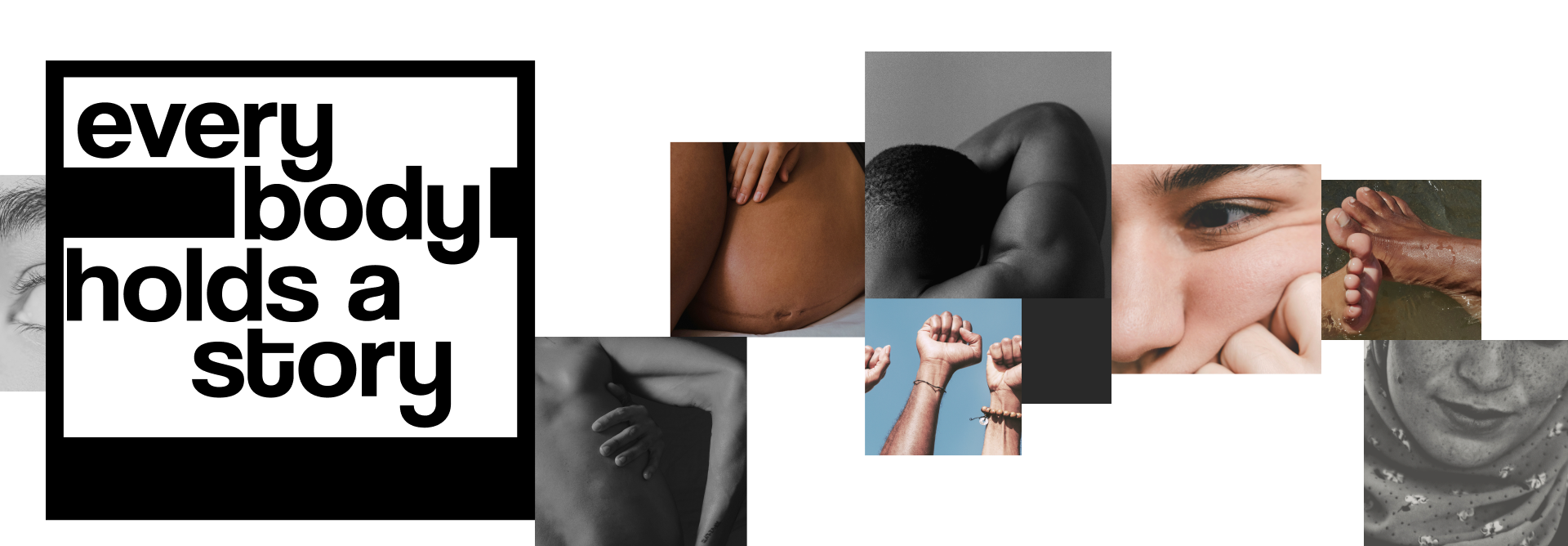
People around the world, from care providers to clients, are sharing the anatomy of their struggle for sexual and reproductive dignity. Read Their Stories >>







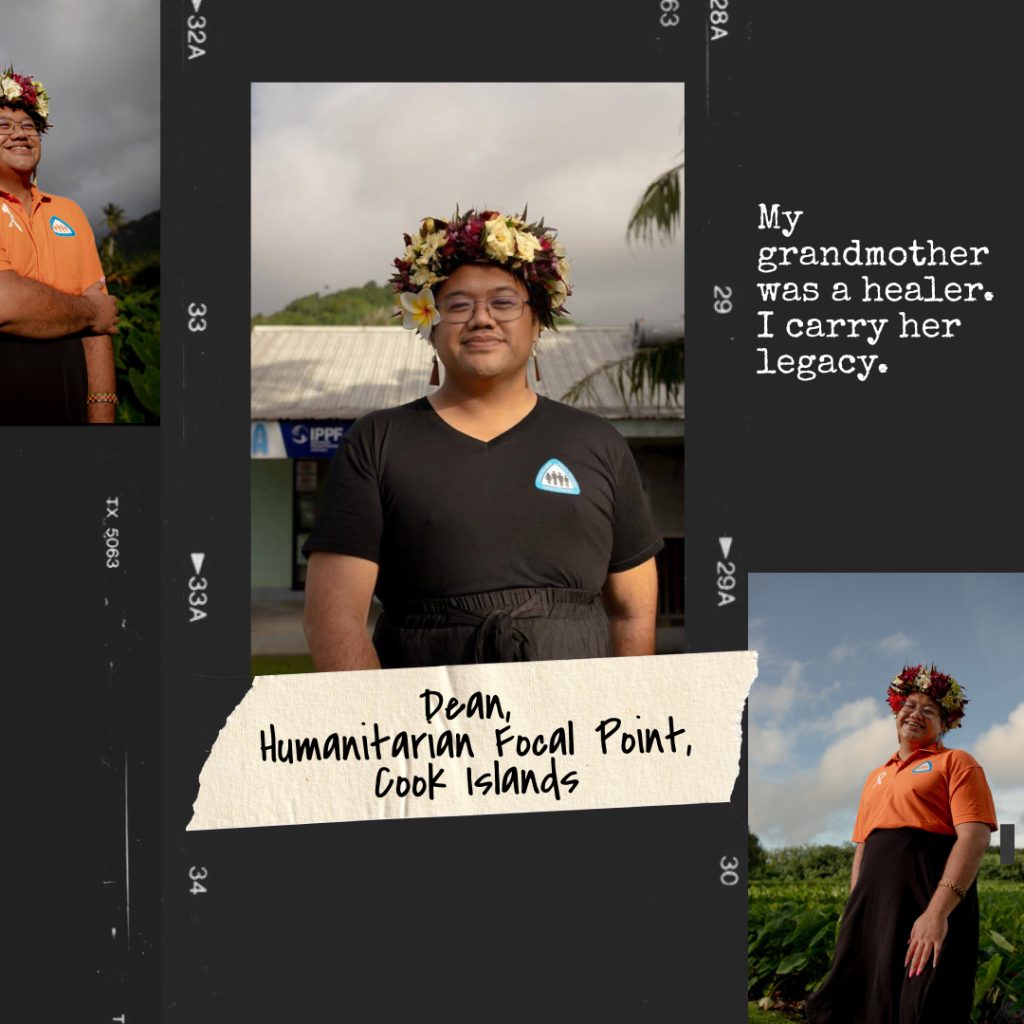
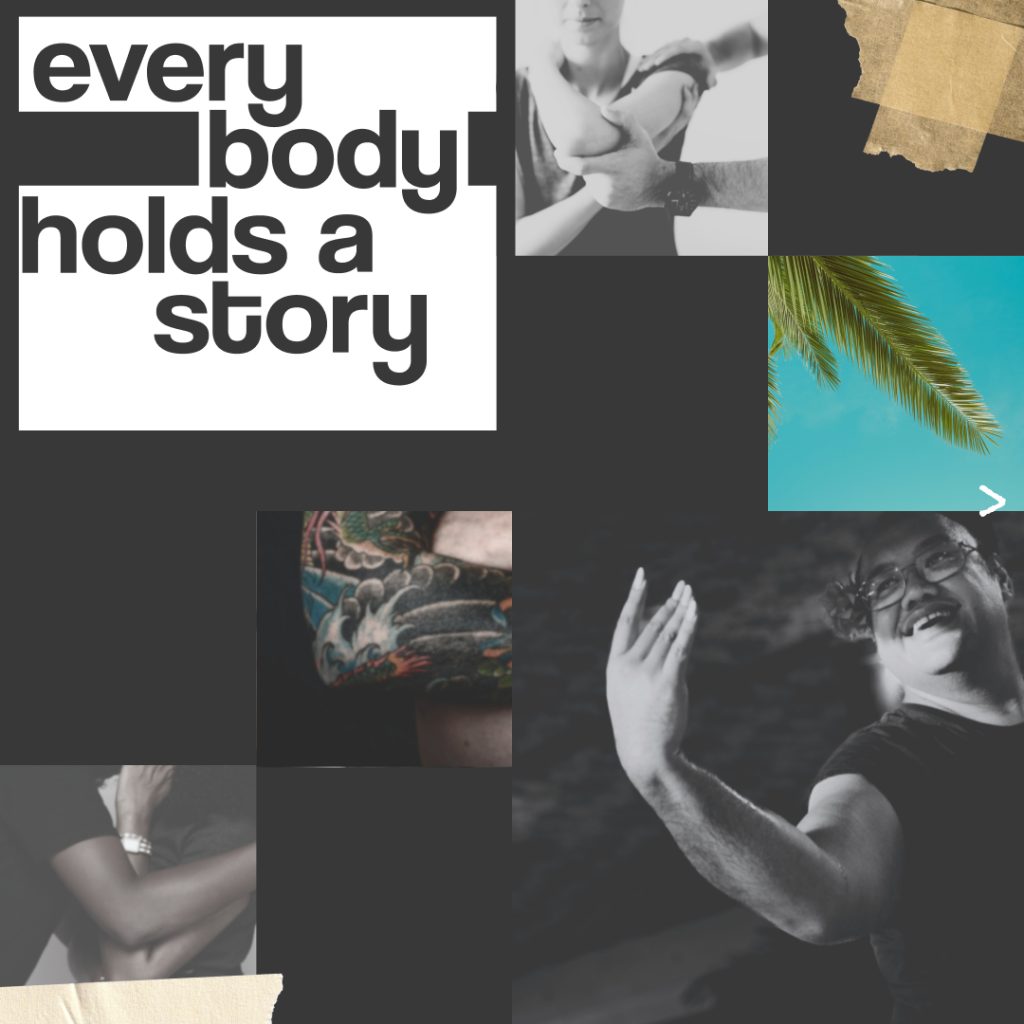
At the Cook Islands Family Welfare Association (CIFWA), I lead efforts to make sure sexual and reproductive health is delivered even in the middle of a disaster.
My grandmother was a traditional healer. I grew up watching people come to her in their darkest hours, and that inspired me to carry on her legacy. I am one of the few openly gender diverse leaders in the Cook Islands, so I work hard to open space for others.
Being gender diverse has always been part of our culture here. It was colonisation that taught us to be ashamed of ourselves. My work is about restoring who we are and creating safe spaces for people to live openly and with dignity.
The Cook Islands faces cyclones, king tides, tsunamis and droughts, all of which are made worse by climate change. I have seen the impacts first-hand: northern atolls without fresh water, families unable to fish in poisoned lagoons, coral reefs bleached. Our way of life is changing. Our culture is changing. But sexual and reproductive health must always be part of the response—because women, girls and key populations cannot be left behind.
People say “it’s just a condom” or “just a pill,” but for those living the consequences, it’s not small at all. Raising a child is already difficult; add a cyclone, displacement, and no clean water, and it becomes a nightmare.
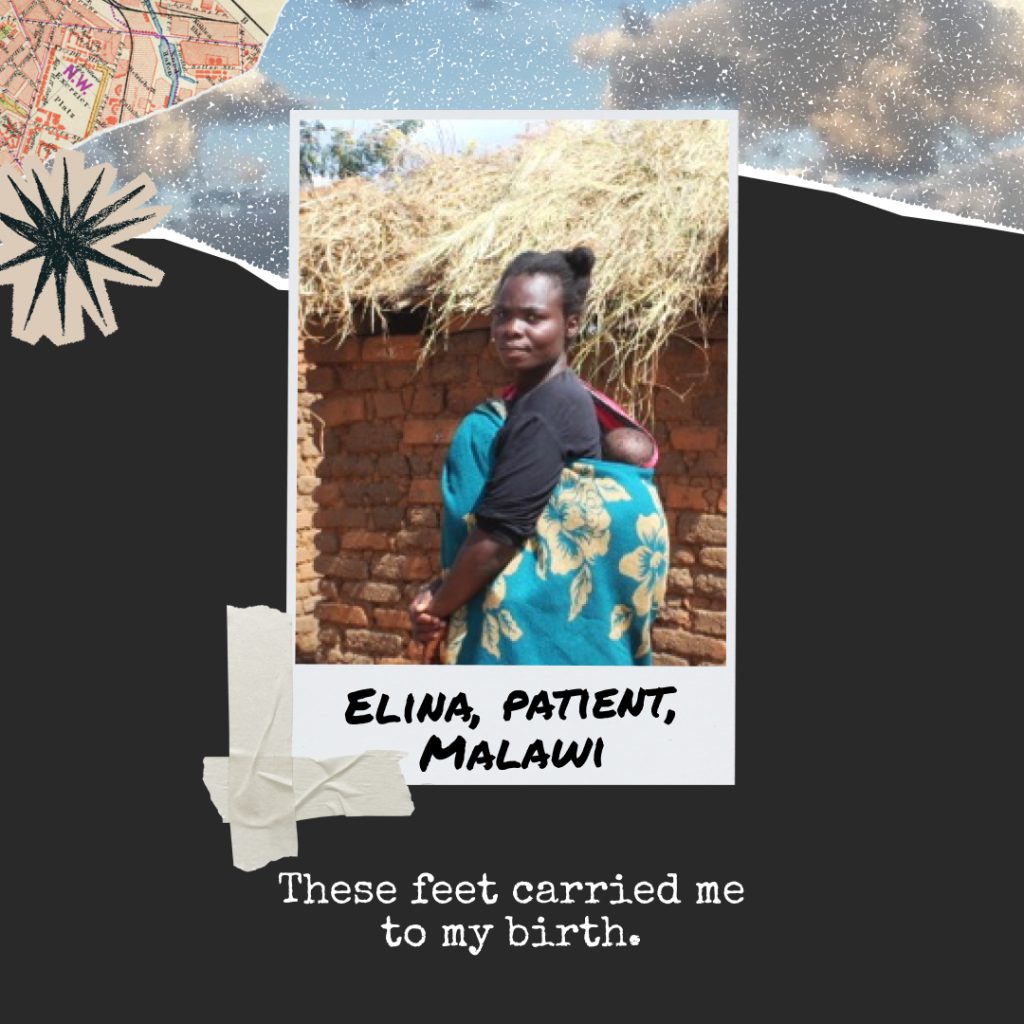
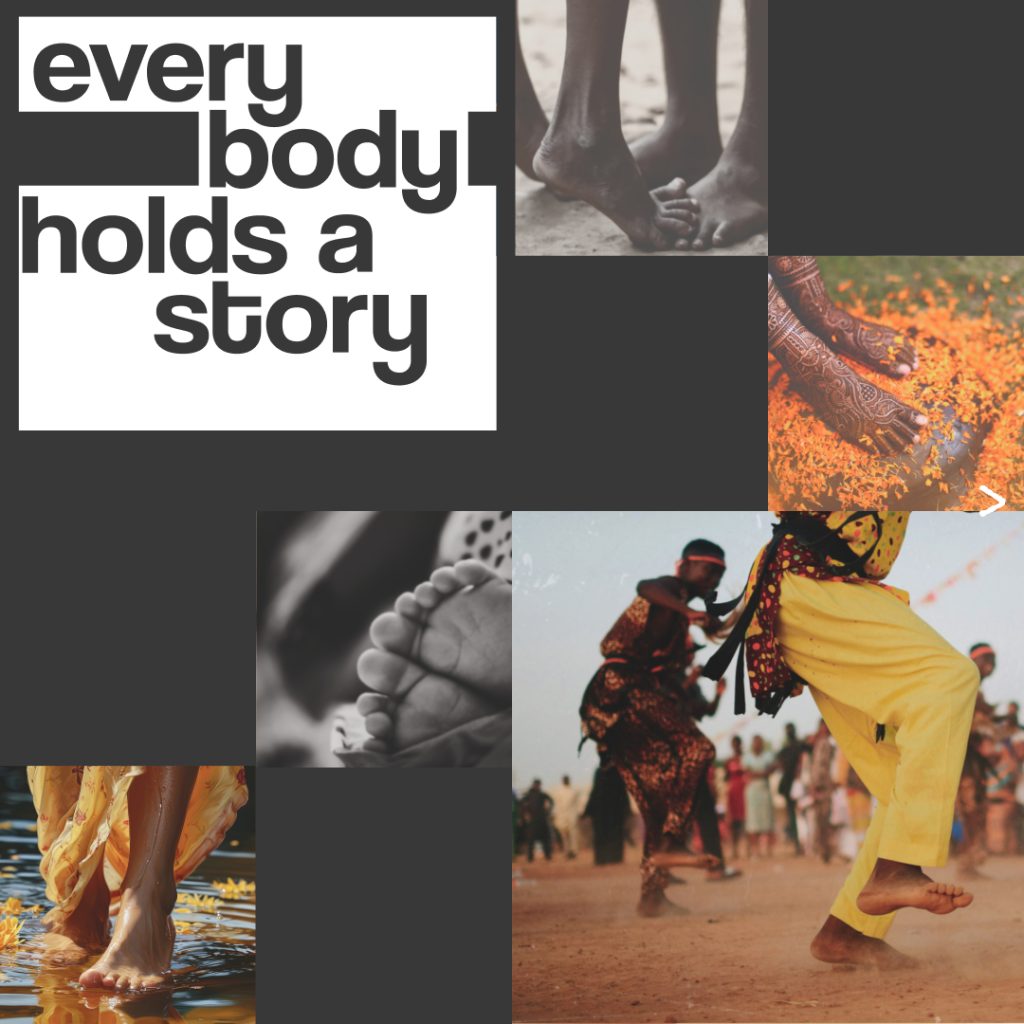
I live in rural village in part of Malawi, where there is little access to medical care especially for women’s health. When I became pregnant, I relied on a mobile outreach team run by the Family Planning Association of Malawi (FPAM) for my antenatal care. But soon after the United States withdrew its support, the outreach vehicle that brought family planning services to Mwende had to stop coming.
I was cut off from health services, and I was scared. The nearest facility is far, and most people either walk or use bicycles—which is hard for children and women, especially pregnant women. People are desperate. When my delivery time came, I had to walk a long distance to the hospital. My feet ached. I took stops every mile, which made the journey longer. So I didn’t make it all the way to the facility; I gave birth to my baby on the way.
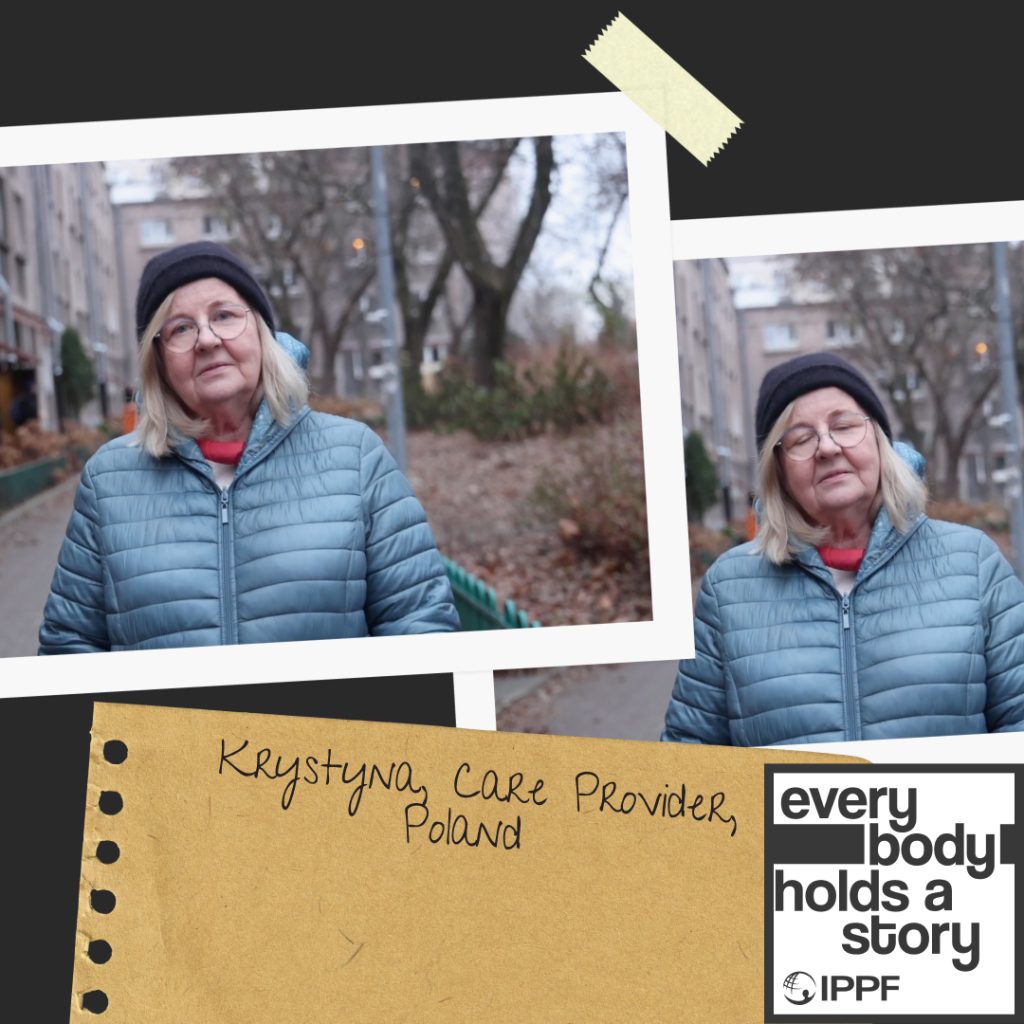
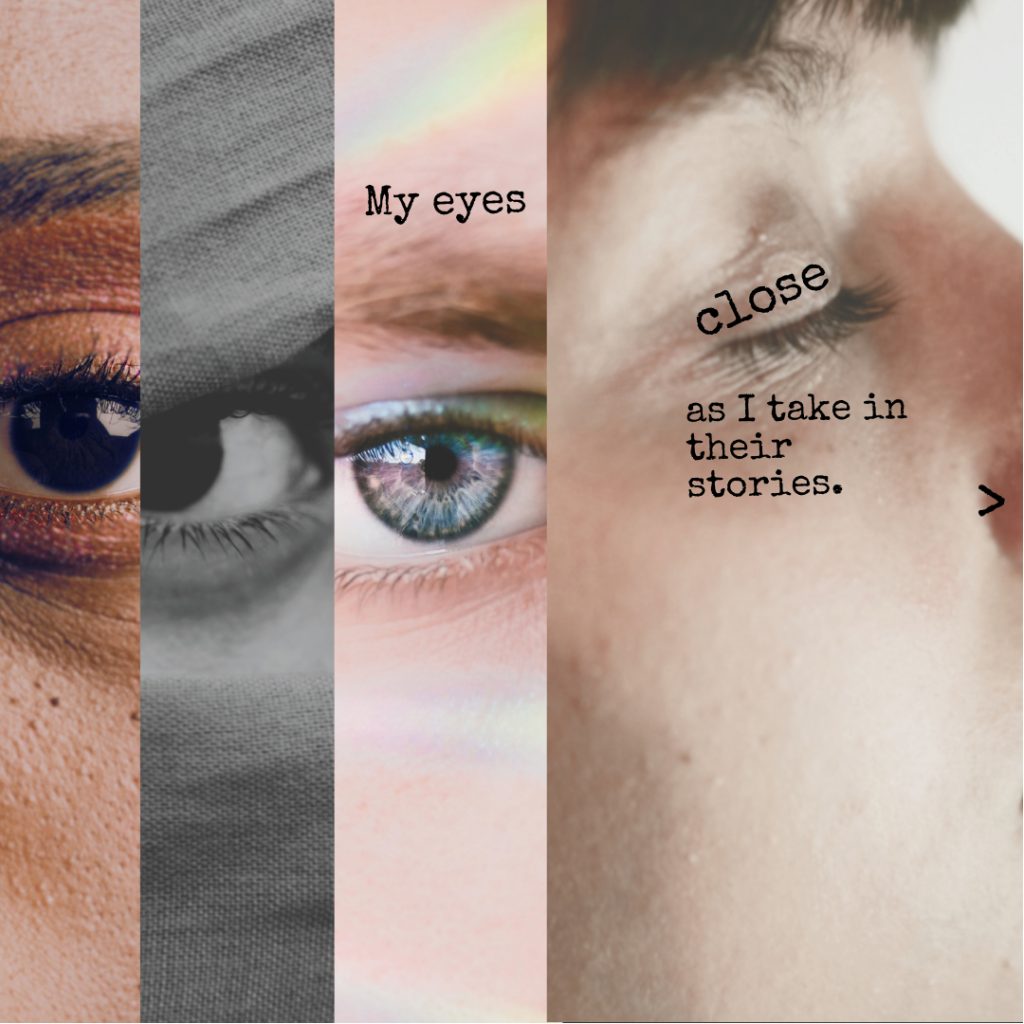
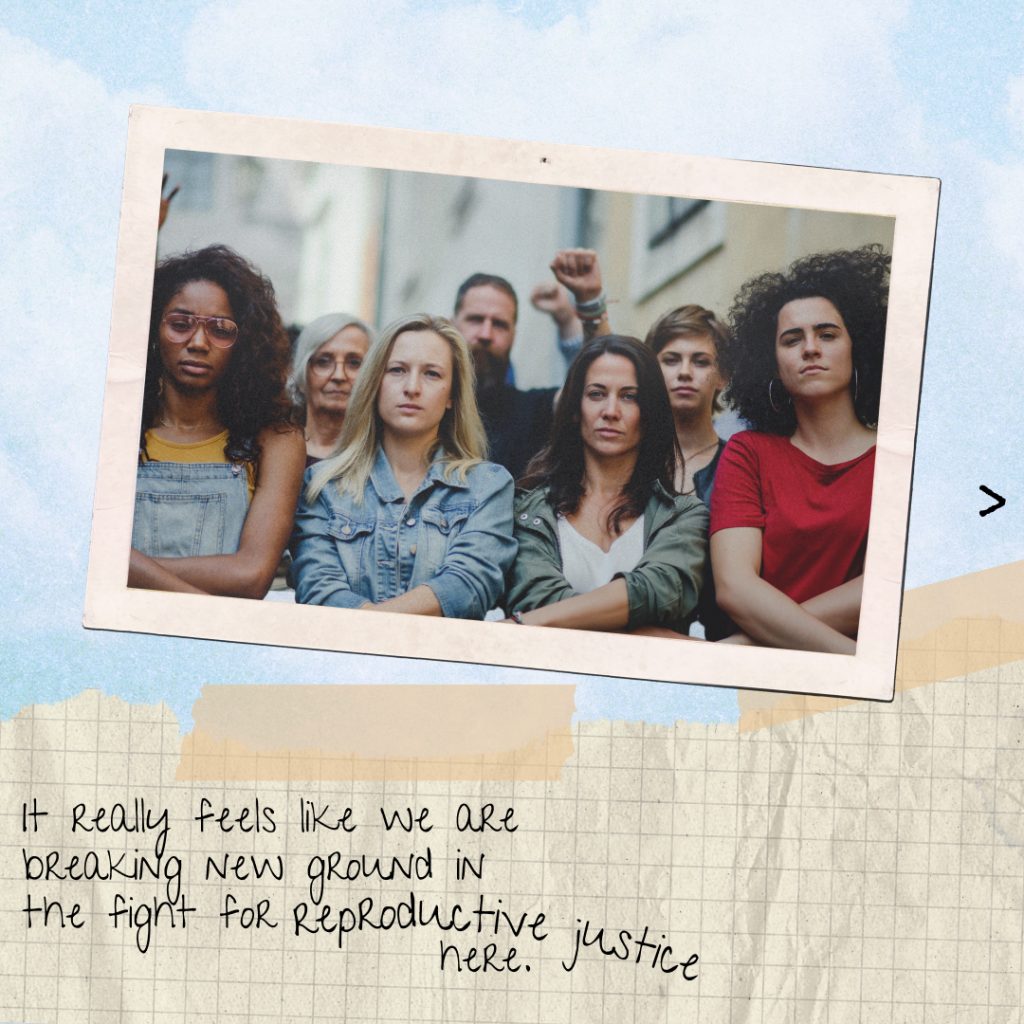
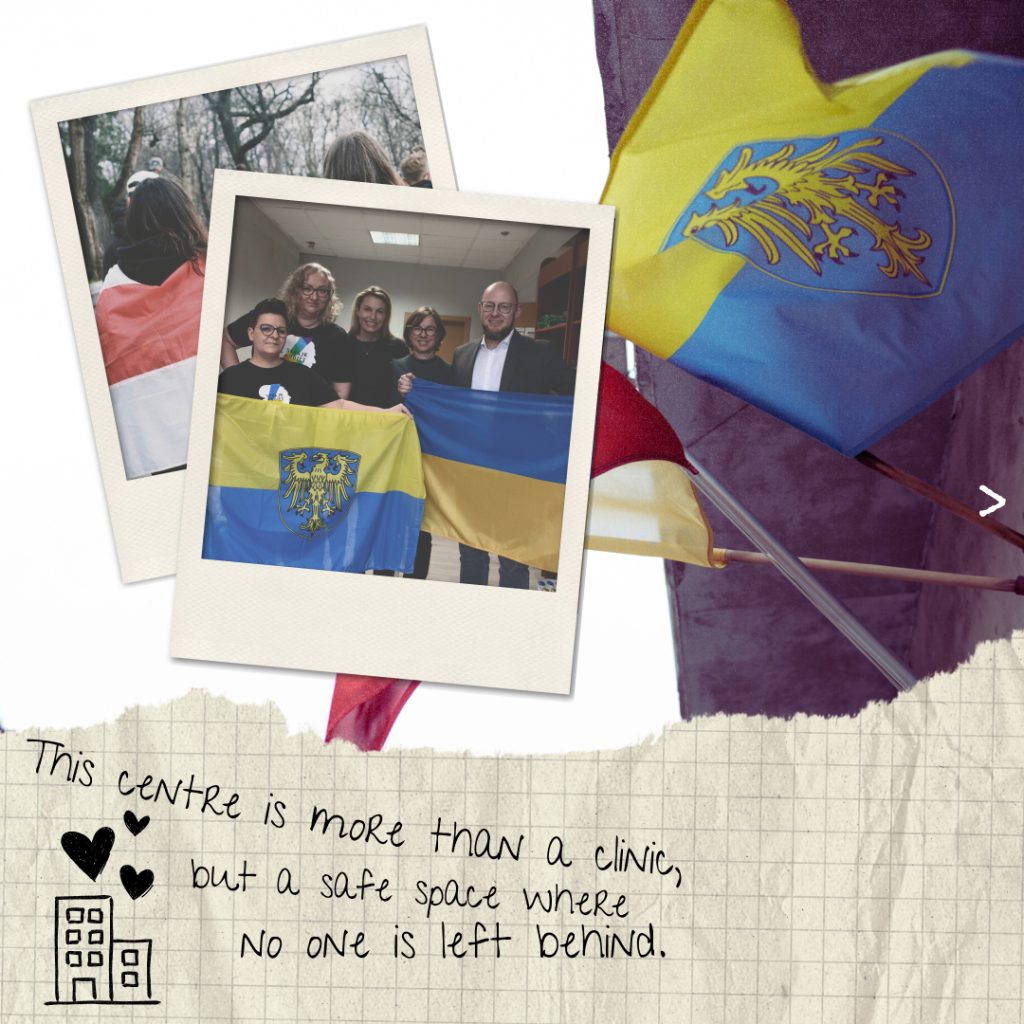
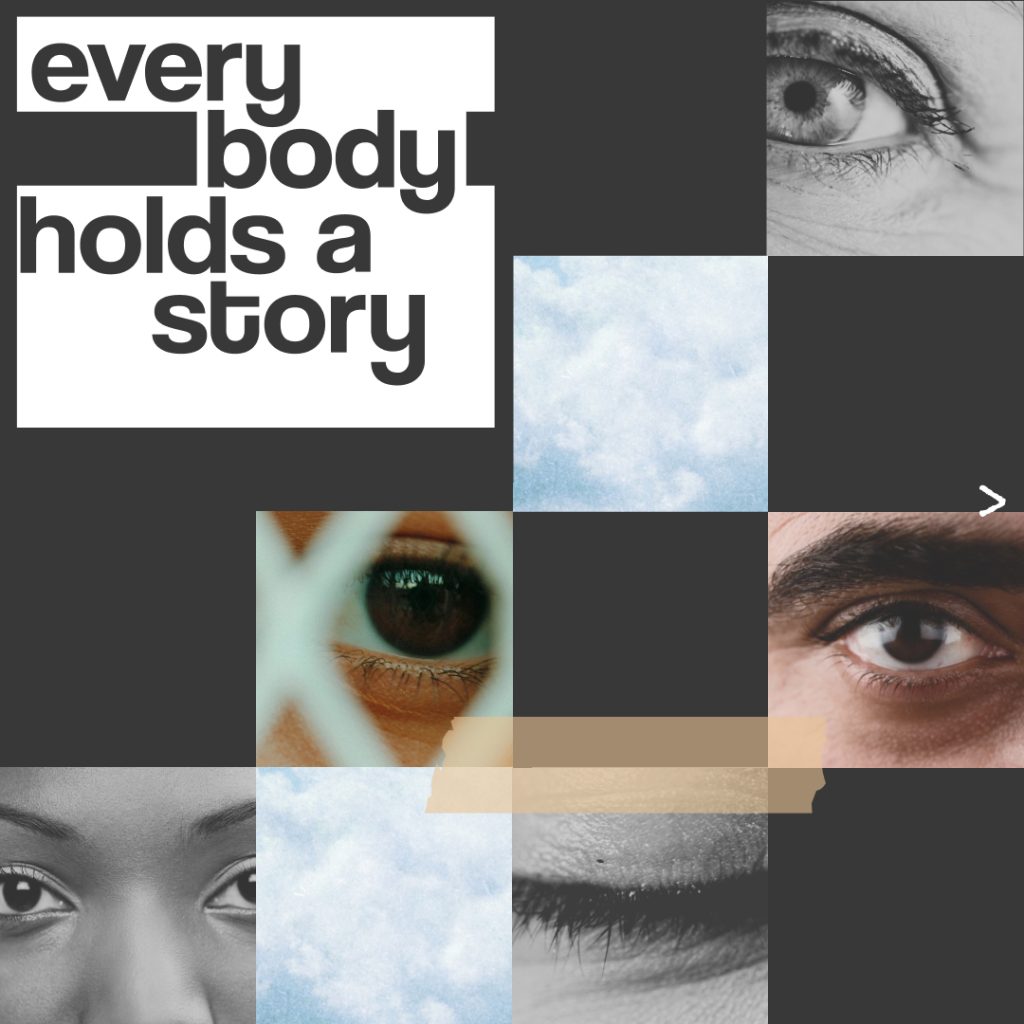
I lead the Foundation for Women and Family Planning (FEDERA) in Warsaw. We have been partnering with IPPF since the start of the invasion of Ukraine by Russian forces, to provide essential sexual and reproductive health services to women and children escaping Ukraine for surrounding countries, like Poland.
My office, a tiny nondescript space at the bottom of an apartment building on the outskirts of Warsaw, has doubled its staff from five to ten people in the last few months alone to keep up with the workload, but it’s still not enough.
I often need to lie down and close my eyes for thirty minutes after some interactions with refugees, as their stories are so harrowing and my responsibility to them so large.
We helped, for example, two teenagers, 14 and 15 years old, who were raped by Russian soldiers on their way to the Polish border. A volunteer called me during the night and asked what to do. It was the third week of the war. I asked her when it happened, and she told me the assaults took place 20 hours ago.
I met the young girls at the Warsaw railway station in the dark of the night, and we went together to a private clinic, which opened during the night for us. They were provided with medical procedures for survivors of rape, antiretroviral injections, and HIV tests. They were so thankful; they had no words to thank us.
When I step into the office of the Palestinian Family Planning and Protection Association (PFPPA) in Hebron, where I have worked for 18 years, I offer a smile.
Since the war on Gaza began, movement across the West Bank has become more restricted. Nearly 1,000 Israeli checkpoints, gates, and roadblocks have fractured everyday life. For me, reaching the office means waiting for shared transport, navigating settler-only bypass roads, and sometimes walking through olive groves to avoid closed routes or trigger-happy soldiers. But this never stops me.
I lead PFPPA’s efforts to deliver sexual and reproductive health services, social counseling, and legal support to women. I also advocate for women’s rights and fairer laws. For me, this is not just a job. This is a belief.
I have seen what transformative care can look like. One case stands out: a woman came to the PFPPA clinic after surviving 15 years of abuse and psychological trauma. Married as a teenager, she had endured in silence. Within two years of receiving care at our clinic—psychological support, legal advice, and health services—she became an entrepreneur, running her own small business and reclaiming her life.
I’ve learned that breaking the cycle of injustice takes time and trust. We work with each woman according to her needs, at her own pace. If a woman cannot come to us, we go to her. We’ve learned to read the signs—the visible ones and the ones hidden behind silence or averted eyes.
We can’t talk about rights with someone who’s struggling to afford food. In some places, we start with nutrition or hygiene. In others, we talk about safety or mobility. Then, when there’s trust, we talk about family planning or empowerment. Women’s empowerment is not separate from national liberation—it’s part of it.
What motivates me is the belief that we can break the cycle. We can plant something better, we can be ready—not just for survival, but for a future built on justice.
I have been a sexual and reproductive healthcare (SRH) provider for 35 years. Twenty-five of those years were in a hospital, where I delivered 15,000 babies over the course of my career. Fifteen-thousand! You can imagine, I have seen everything— every possible complication and joy. That experience radicalized me, you could say, in my belief that every person has a basic right to healthcare. Especially sexual and reproductive healthcare.
It was that belief that drove me to provide care to people who are the hardest to reach, the most marginalized. I came to the Health Education and Research Association (HERA) of North Macedonia, where I work now, and joined the Mobile Center to reach marginalized communities. I served people living in rural areas, drug users and sex workers who couldn’t seek care anywhere else.
Nowadays, I work at the Youth Center in the Roma neighborhood in Skopje, providing SRH mainly to women and young women from 15 to 80 years old. Young people desperately need sex education—especially here, where many girls are denied education because of early marriage. I educate them on their body, explain common misconceptions about sexuality and virginity, and I aim to empower them to make their own decisions.